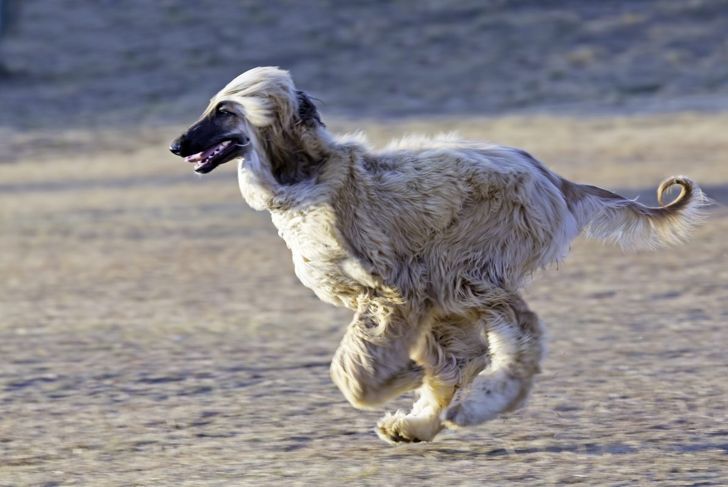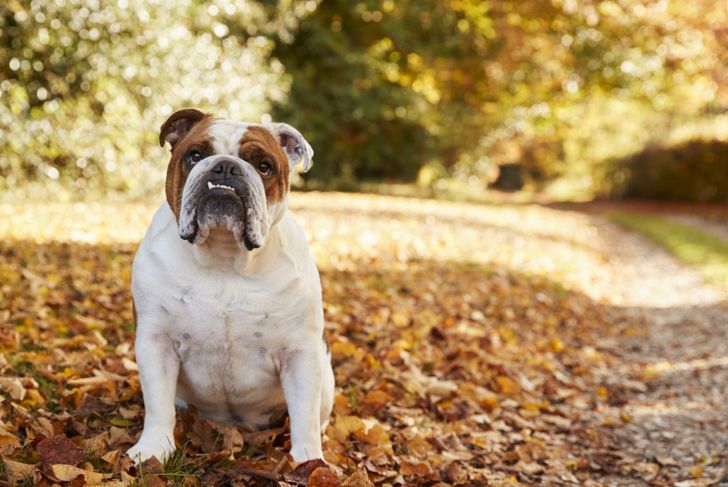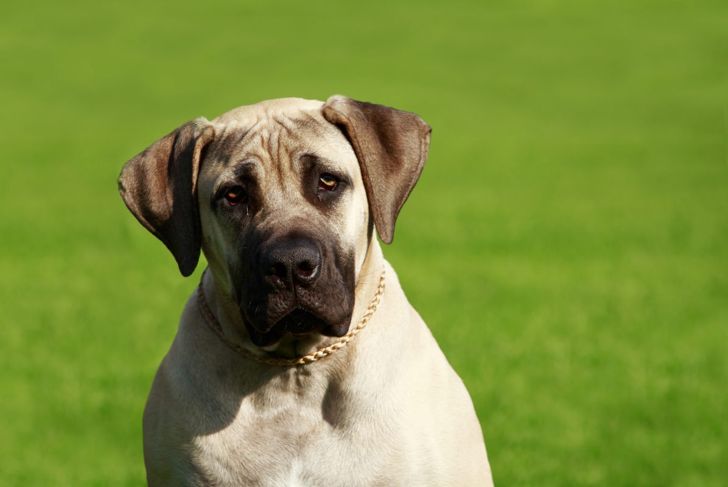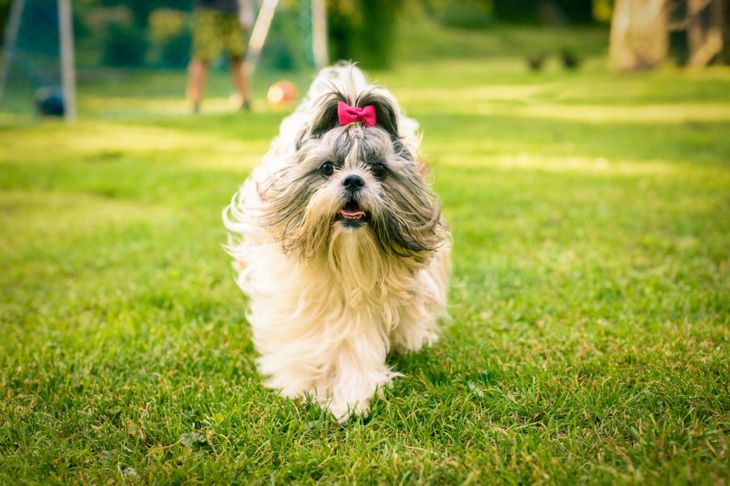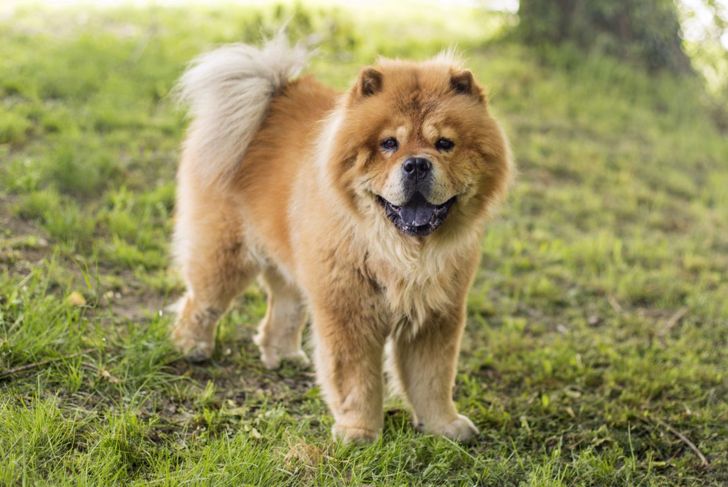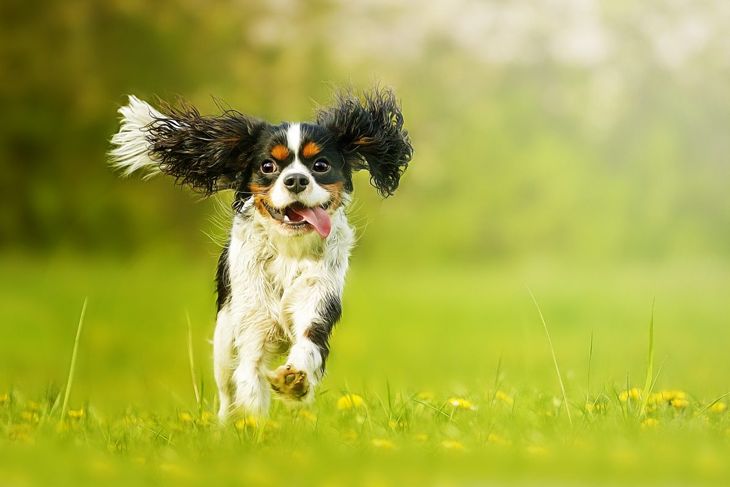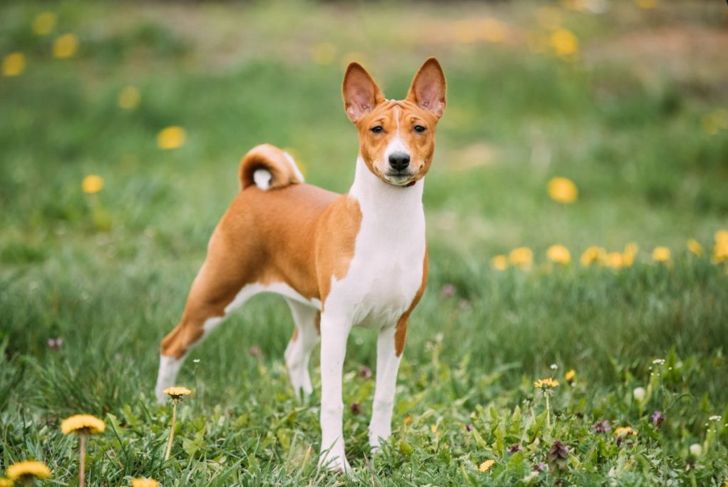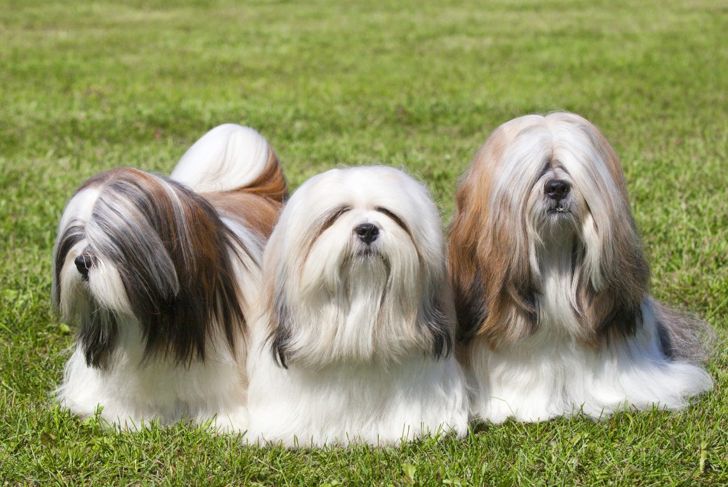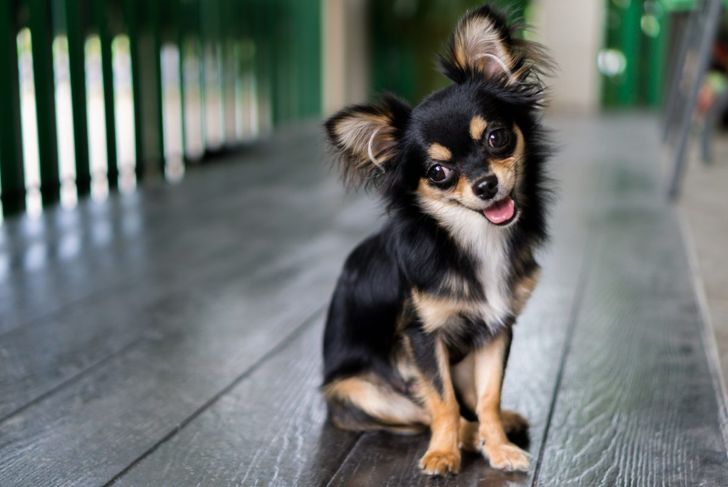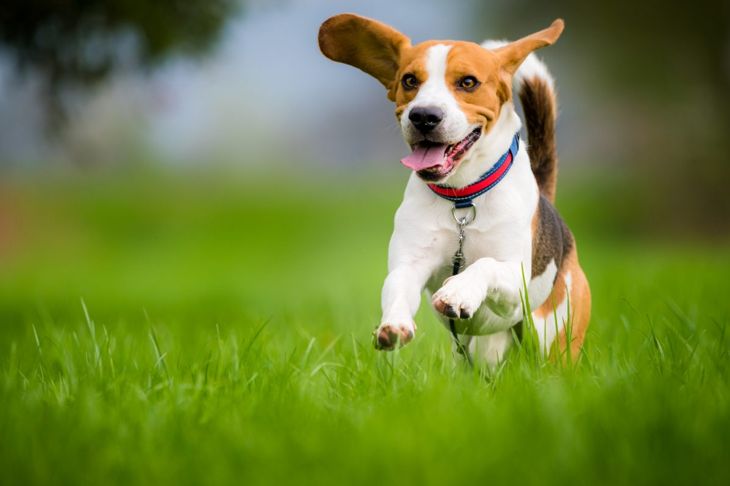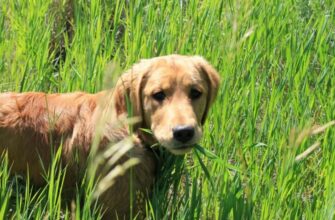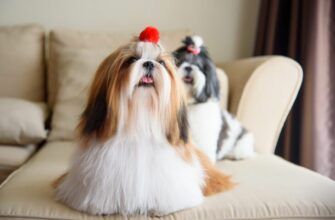Although some dogs are chosen based on their wits, there is something truly endearing about those silly dogs that just don't seem to get it. When it comes to deciding whether a dog is smart or not, the most pertinent field of intelligence to consider is their obedience intelligence; meaning the number of repetitions, it takes on average for their breed to learn a new command. That being said, adaptive and instinctive intelligence are also relevant. Adaptive intelligence is how capable the breed is of learning from their previous mistakes, and instinctive intelligence refers to a breed's ability to perform tasks that they are bred to excel in, such as herding or tracking scents. It is important to note that sometimes a dog can be smart but is too stubborn to demonstrate it.
Afghan Hound
Afghan Hounds are most prized for their dignified looks and their luscious locks. These dogs are loyal and gentle but can be very tough when it comes to teaching them new tricks. Known to be stubborn and often even called aloof, Afghan Hounds tend to take between 80 to 100 repetitions before they perform a new command. Despite their goofy demeanors in the house, Afghan Hounds can make good hunting dogs and have lots of energy.
Bulldog
What these dogs lack in smarts, they make up for with limitless affection. Bulldogs are a lower energy breed that often prefers an afternoon cuddle to a walk or a lesson. Their somewhat comedic faces may just accurately reflect their smarts. Teaching Bulldogs new commands takes consistent and repetitive training, but this breed is very eager to please their owners, so they will catch on with enough persistence!
Mastiff
These big, strong dogs were mostly bred as guard dogs but have since become an extremely affectionate breed. Mastiffs are tricky to train, as they will simply not listen to anyone they do not respect. This can easily lead to these dogs being very challenging, as they will ignore commands from anyone that they don't deem worthy of being their master. Despite this stubborn attitude towards training, mastiffs are very loving and gentle dogs.
Shih Tzu
Shih Tzus were bred for the sole purpose of being a cute companion dog, and much prefer to be brushed and doted upon than to be trained. Although Shih Tzus are not high achievers in learning commands or useful skills, they certainly excel at being lapdogs. Luckily, Shih Tzus are typically calm in demeanor and don't mind sitting still for long periods of time, so very little training is required with them.
Chow Chow
Chow Chows may look like a cuddly cross between a lion and a cloud, but they are actually known to be quite independent and disobedient. These dogs can have the tendency to try to become the most dominant member of the household and require consistent and firm training in order to keep them from misbehaving. That being said, with confident, steady, and commanding training, Chow Chows can be lovely and loyal dogs.
Cavalier King Charles Spaniel
King Charles Spaniels are cute little dogs that often look very happy. They are a loyal breed, but when it comes to training, they often have trouble remembering new commands. Teaching these Spaniels basic commands is certainly manageable through repetition, but complex commands will require patience and commitment. Luckily these dogs have a gentle and affectionate disposition, so they don't require too much training.
Basenji
Basenjis are a unique breed in that they are not capable of barking and instead make a variety of sounds similar to chortles. Basenjis were originally bred as hunting dogs, but these days they don't demonstrate this skill aside from being rather vigilant. Sometimes compared to cats, these dogs are happier spending the day self-grooming and observing their surroundings than performing tasks. Training Basenjis can present challenges as they can be temperamental and independent-minded, but when not being asked too much, Basenjis are playful and energetic dogs.
Lhasa Apso
Often chosen for their looks and size and not their smarts, the Lhasa Apso is a challenging breed to train. This breed simply does not seem interested in learning commands and therefore requires more frequent, engaging, and short training sessions. These little dogs are goofy, playful, and love to please their owners, so long as it doesn't involve training.
Chihuahua
Undeterred by their minuscule size, Chihuahuas often consider themselves to be the master of the house. Inclined to bark, be possessive, and have trouble learning potty in the right place, these dogs do best when given firm training, starting at a young age. Training Chihuahuas to know the rules and to socialize with other dogs when they are young helps them become a wonderful family dog. Overall, these little dogs are energetic, spunky, and brave companions.
Beagle
Beagles are often governed by their noses and their curiosity. This can lead these dogs to be mischievous, distractible, and training-averse. Beagles have been used successfully as police dogs, but they also make for a great family dog. These dogs are affectionate, energetic, and very cute, so as long as you are patient with the training process, they are well worth the effort.

 Home
Home Health
Health Diet & Nutrition
Diet & Nutrition Living Well
Living Well More
More